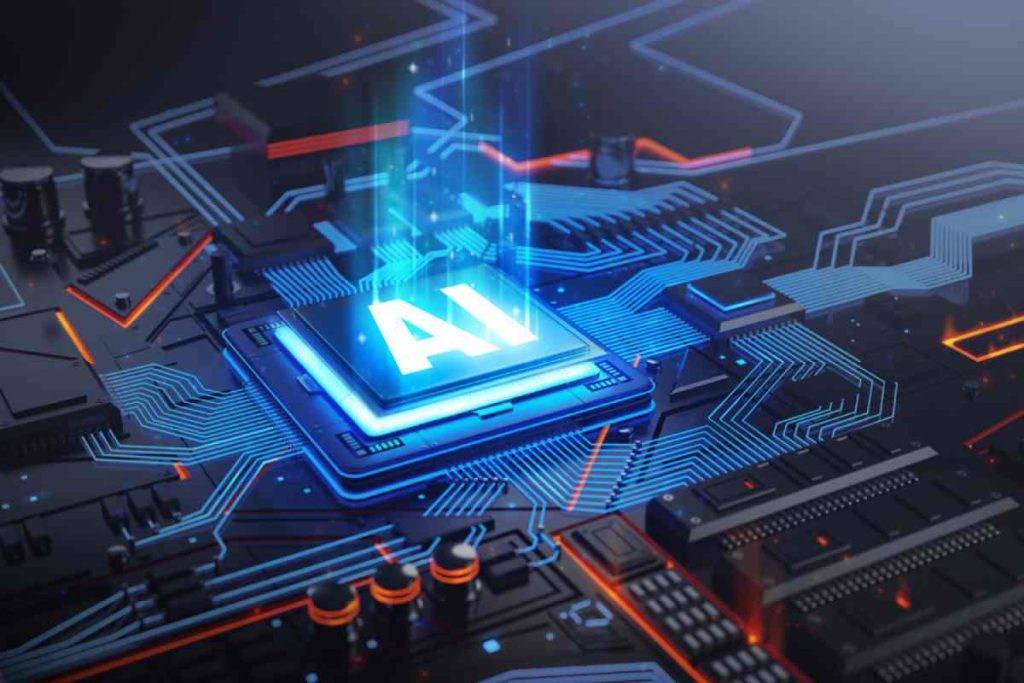This article delves into the various ways AI powered automation is reshaping industries, highlighting key advancements and real-world applications. Readers will discover how sectors such as logistics, finance, and customer service are leveraging AI to optimize workflows and deliver superior results. Furthermore, we will explore the challenges and opportunities that come with implementing these innovative solutions, providing insights into best practices for successful integration.
As we navigate through the intricacies of AI powered automation, you will gain a deeper understanding of its impact on productivity and the future of work. Whether you are a business leader, a tech enthusiast, or simply curious about the evolving landscape of automation, this article promises to equip you with valuable knowledge and inspire you to embrace the changes ahead. Join us as we uncover the transformative power of AI in revolutionizing industries and boosting productivity globally.
Enhancing Operational Efficiency through AI Automation
AI-powered automation is transforming the way industries operate by streamlining processes and reducing human error. By integrating machine learning algorithms and robotic process automation (RPA), businesses can optimize their workflows, leading to significant time and cost savings. This shift not only enhances productivity but also allows employees to focus on more strategic tasks, fostering innovation and creativity within the organization.
Moreover, AI systems can analyze vast amounts of data in real-time, providing insights that were previously unattainable. This capability enables companies to make informed decisions quickly, adapt to market changes, and improve overall operational efficiency. As a result, industries that embrace AI automation are better positioned to compete in a rapidly evolving global market.
The Role of AI in Supply Chain Management
Supply chain management is another area where AI-powered automation is making a significant impact. By utilizing predictive analytics and machine learning, companies can forecast demand more accurately, manage inventory levels efficiently, and optimize logistics. This leads to reduced waste, lower costs, and improved customer satisfaction.
Furthermore, AI can enhance visibility across the supply chain, allowing businesses to identify potential disruptions and respond proactively. With the ability to analyze data from various sources, AI systems can provide real-time updates and recommendations, ensuring that supply chains remain agile and resilient in the face of challenges.
Transforming Customer Experience with AI Automation
AI-powered automation is revolutionizing customer service by enabling personalized interactions and efficient problem resolution. Chatbots and virtual assistants, powered by natural language processing, can handle customer inquiries 24/7, providing instant support and freeing up human agents for more complex issues. This not only improves response times but also enhances the overall customer experience.
Additionally, AI can analyze customer data to identify preferences and behaviors, allowing businesses to tailor their offerings and marketing strategies. By leveraging automation in customer interactions, companies can build stronger relationships with their clients, leading to increased loyalty and retention.
AI Automation in Manufacturing: A Game Changer
The manufacturing sector is experiencing a significant transformation due to AI-powered automation. Smart factories equipped with IoT devices and AI algorithms can monitor production processes in real-time, identifying inefficiencies and predicting maintenance needs. This proactive approach minimizes downtime and maximizes productivity.
Moreover, AI can enhance quality control by analyzing products during the manufacturing process, ensuring that only the highest quality items reach the market. As a result, manufacturers that adopt AI automation are not only improving their operational efficiency but also gaining a competitive edge in the industry.
Workforce Transformation: Upskilling and Reskilling for the AI Era
As AI-powered automation continues to reshape industries, the workforce must adapt to new roles and responsibilities. Upskilling and reskilling initiatives are essential to prepare employees for the changing job landscape. Organizations that invest in training programs can ensure that their workforce remains relevant and capable of leveraging AI technologies effectively.
Furthermore, fostering a culture of continuous learning can help employees embrace the changes brought about by automation. By equipping workers with the necessary skills, companies can enhance productivity and innovation, ultimately driving growth in the AI era.
Ethical Considerations in AI Automation
While AI-powered automation offers numerous benefits, it also raises ethical concerns that must be addressed. Issues such as data privacy, algorithmic bias, and job displacement are critical considerations for businesses implementing AI technologies. Organizations must prioritize ethical practices to build trust with their customers and employees.
Establishing clear guidelines and frameworks for AI usage can help mitigate potential risks. By fostering transparency and accountability, companies can ensure that their AI initiatives contribute positively to society while maximizing productivity and efficiency.
| Industry | Impact of AI Automation | Benefits |
|---|---|---|
| Manufacturing | AI-driven robots and machines enhance production efficiency and reduce human error. | Increased output, lower costs, improved safety. |
| Healthcare | AI systems assist in diagnostics, patient monitoring, and personalized treatment plans. | Faster diagnosis, improved patient outcomes, reduced workload for healthcare professionals. |
| Finance | AI algorithms analyze market trends and automate trading processes. | Enhanced decision-making, reduced risks, increased profitability. |
| Retail | AI tools optimize inventory management and personalize customer experiences. | Improved customer satisfaction, increased sales, efficient supply chain management. |
| Transportation | AI enhances logistics, route optimization, and autonomous vehicles. | Reduced delivery times, lower operational costs, improved safety. |
| Education | AI-powered platforms provide personalized learning experiences and administrative support. | Enhanced learning outcomes, efficient resource management, tailored educational content. |
Conclusion
AI-powered automation is transforming various industries by boosting productivity and efficiency. As organizations adopt these technologies, they can expect significant improvements in operational performance and overall competitiveness in the global market.

